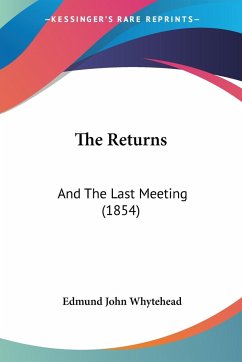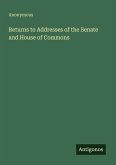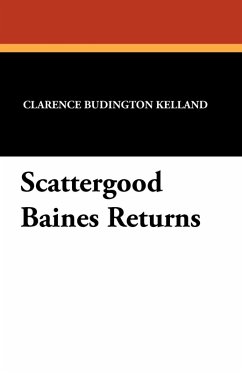The Fon Returns is fiction woven on the culture of the Graffi people. Among the people of the grassfield of Cameroon (commonly referred to as the Graffi), kings or fons, as the traditional leaders are known there, do not die. When the time for one comes to travel to the land beyond, he is believed to embark on a journey to seek the ancestors of the land and to return younger, stronger, and wiser to rule his people. If the fon does not return, the myth holds, the village ceases to exist. What has Ngwokong done wrong to move resolutely toward its end? The cry of its people is desperate, and its fon still journeys. Will the ancestors of the land let the fon return to his people, or is this the end of this great fondom? The answer, it seems, lies within the mighty rock, the dwelling of the ancestors of the land, which defiantly stands in the hills of Gam, even to this day.
Hinweis: Dieser Artikel kann nur an eine deutsche Lieferadresse ausgeliefert werden.
Hinweis: Dieser Artikel kann nur an eine deutsche Lieferadresse ausgeliefert werden.








